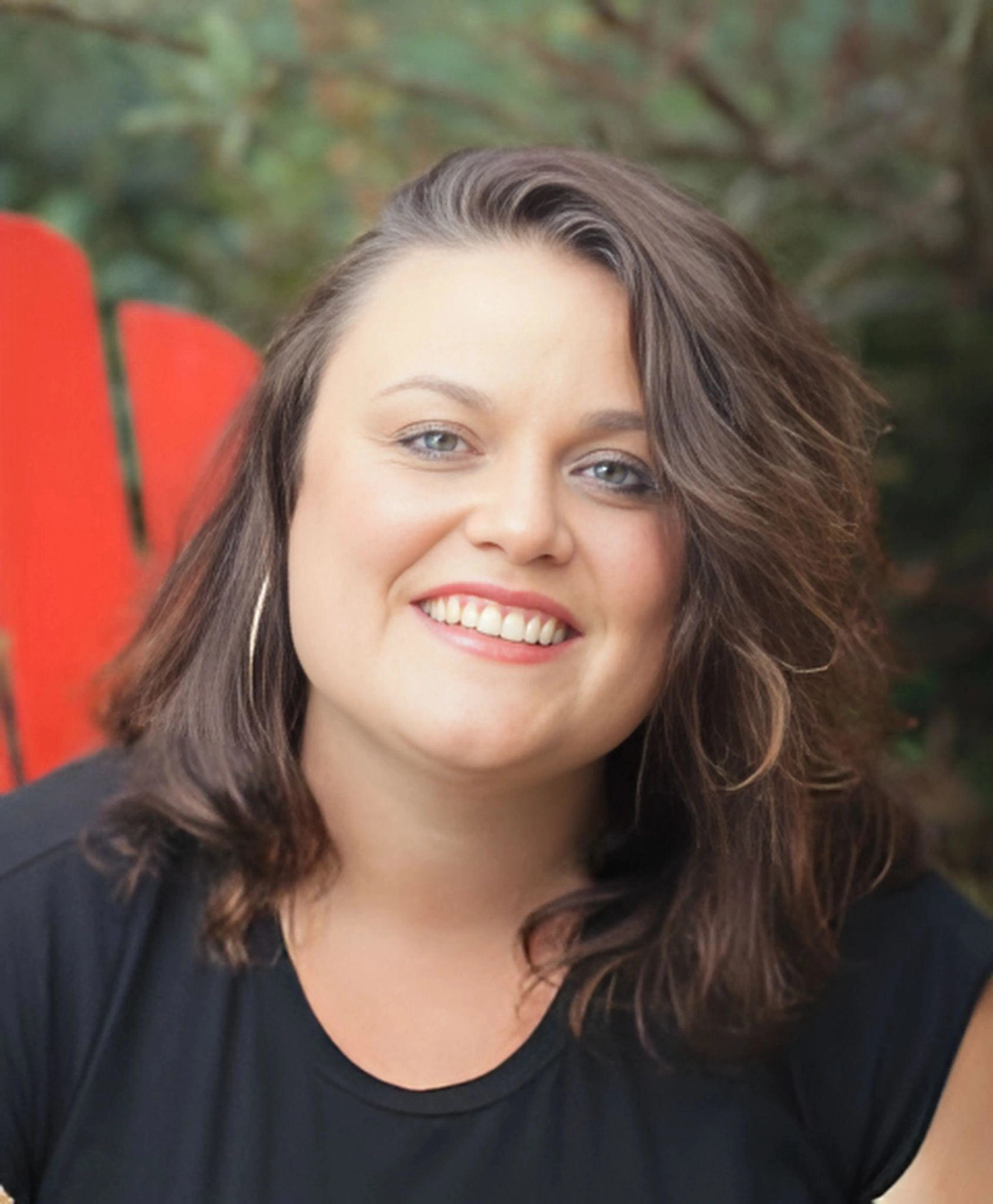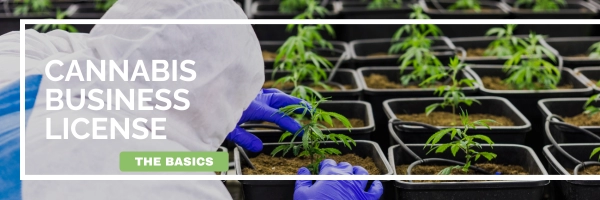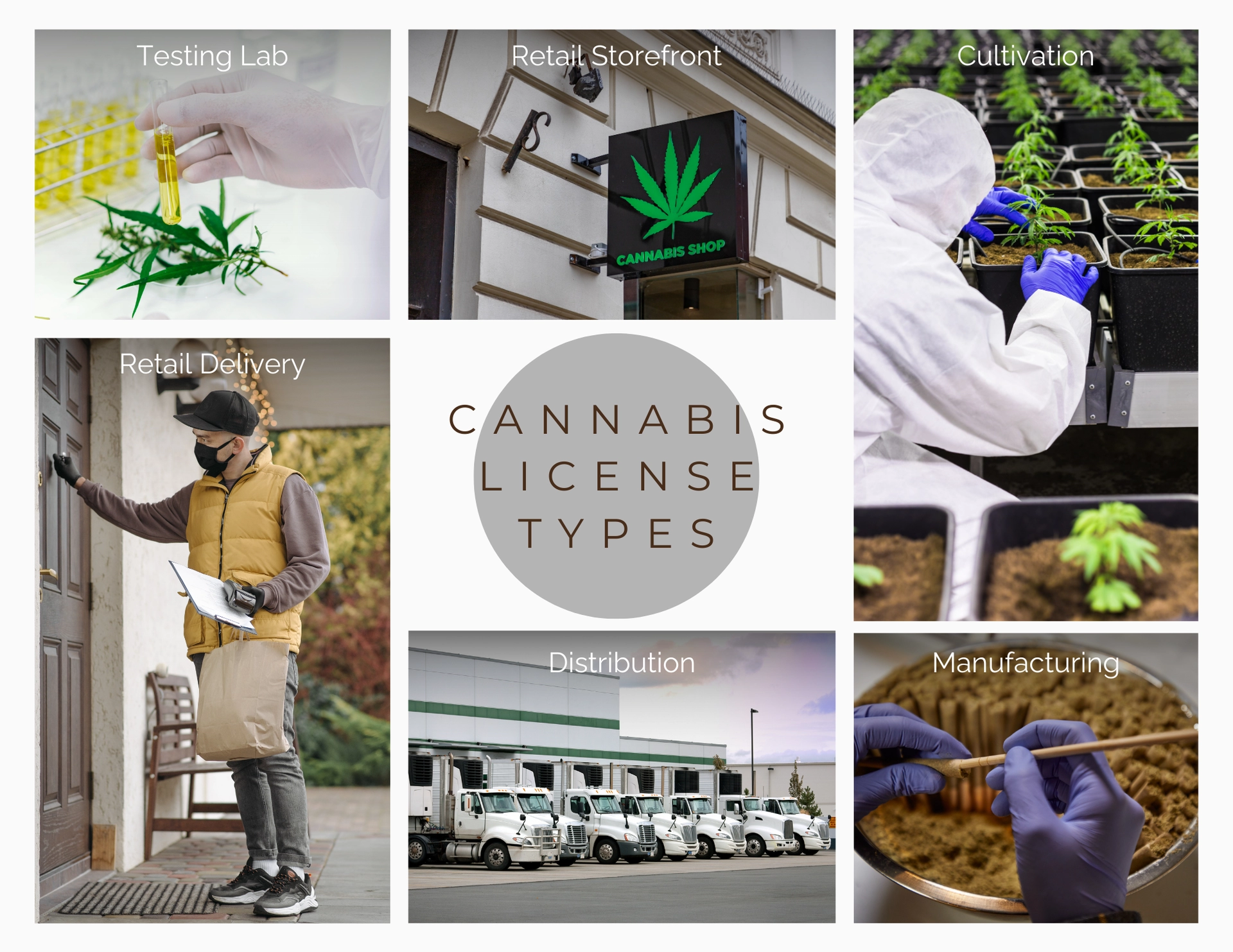
Hello,
The Department of Cannabis Regulation (DCR) wishes you all a Happy New Year and I welcome you to this year’s first edition of the DCR News Bulletin.
Over the last several months, DCR has been preparing for important activities expected to take place in 2025. In October 2024, DCR proposed municipal code amendments that address impending deadlines; clarify and improve the Annual License process; clear up language in current municipal code to eliminate discrepancies; and, finally, prepare DCR for a possible Social Equity Individual verification period and retail license lottery in 2025.
To read more about the amendments and how it supports cannabis business licensing efforts, please read on.
Later this month, stay tuned for the release of the Department’s 2024 Annual Report.
Sincerely,
Jason Killeen
Acting Executive Director

The new year brings new regulations – this past October, the Department of Cannabis Regulation (DCR) proposed several amendments to Article 4, Chapter X of the Los Angeles Municipal Code (LAMC) meant to support and improve the cannabis business licensing process. That ordinance is now in effect after being signed by the Mayor on December 18, 2024. Read on to learn what these changes mean for Licensees and Applicants.
1. Removes criminal penalties for Retail Storefronts Without an Emblem Placard as of 1/1/2025
The ordinance removed criminal penalties that would have started on January 1, 2025 for retailers who do not have a Los Angeles County-issued Public Health Emblem Placard. Without the amendment, licensed businesses without an Emblem Placard would have been required to stop operations on January 1 or face criminal penalties. To avoid penalizing good faith operators hindered by the lengthy public health permitting process, that deadline has been removed. Now, retailers must simply post their Emblem Placard within five (5) days of receipt. Please note this does not remove the requirement altogether, and businesses must still obtain an LA County Health permit.
2. Extends the Social Equity exclusivity period for retail, delivery and cultivation licenses from 1/1/2025 to 12/31/2025 and administer an additional retail lottery
Previously, Social Equity individuals had an exclusive right to apply for retail, delivery and cultivation licenses until January 1, 2025. The new ordinance extends this window until December 31, 2025.
3. Adds rules to administer a new lottery for Storefront Retail license opportunities
This amendment allows DCR to hold an additional retail license application lottery for Social Equity Individual Applicants (SEIA). During this one lottery event, three drawings will be held for: (1) SEIAs previously verified under the 2019 SEIA criteria; (2) SEIAs previously verified under the 2022 SEIA criteria; and (3) SEIAs verified pursuant to the new, 2025 SEIA criteria.
4. Amends Social Equity Individual Applicant criteria
Social Equity Individual Applicant verification requests are reviewed by DCR based on criteria set forth in the Municipal Code. This amendment removes the “Disproportionately Impacted Area” criterion entirely, and removes the California-specific component to the “Cannabis Arrest or Conviction.”
5. Changes to the definitions of “Cannabis,” “Undue Concentration,” and “Microbusiness”
Previously, “cannabis” did not have a standalone definition in the Municipal Code, but rather referred to the definition in the California Business and Professions Code. Now, “cannabis” will mirror language approved by voters in Measure M to ensure consistency across all City codes. Notably, hemp is now included in the definition of “cannabis.”
Additionally, the parameters of “Undue Concentration” have been updated as follows:
Ratio of one License per 7,500 residents for Storefront Retailers (previously per 10,000)
Ratio of one License for every 2,500 square feet of allowable cultivated area (previously capped at 15 Licenses per Community Plan Area (CPA)
For the purposes of calculating Undue Concentration, “License” includes Pre-Application Records and Annual License Applications. This will allow Applicants to more easily verify which areas have become unduly concentrated and avoid submitting Applications in an area with more Applications than available locations.
This amendment also creates a new City definition of “Microbusiness,” separate from the State’s definition. For the City, a “Microbusiness” is a business that “conducts Non-Storefront Retail (Type 9) and Distributor (Type 11) Commercial Cannabis Activity.”
6. Changes to the license denial reasons
Reasons for why a license may be denied have also been updated. Now, any citation issued under the City’s Administrative Citation Enforcement (ACE) Program for unlawful cannabis activity is grounds for denial. The amendment also clarifies that a proposed location is ineligible for licensure if it is located on a parcel of land that was the site of a utility disconnection or padlocking due to unlawful cannabis activity.
7. Changes to the Annual License Process
DCR now has the ability to pause its 90-day deadline to transmit a recommendation to the Cannabis Regulation Commission (CRC) if the applicant has not resolved outstanding compliance violations or is subject to an ongoing investigation. DCR may also recommend a continuance of an application that is pending before the CRC.
8. Changes to legal remedies
This amendment clarifies that DCR may use any legal remedy available under the law to collect unpaid administrative penalties, including a civil action or the recording of a lien.
9. Clarify amendments to fix cross-references and ensure consistency
The amendments also create uniformity and fix cross-references in the Municipal Code. For example:
To modify an Application, License, or Operating Permit, or to refile an Annual Licensing Application, Licensees must be current on all City taxes, fees and fines, and in compliance with the requirements of the City’s current rules and regulations. This ensures Applicants cannot avoid paying City-owed liabilities by submitting a new application for, or transferring a license to, a debt-free entity.
Notices of Complete Application and Notices of Suspension and Revocation will now also be sent via electronic mail, thereby making the notice requirements uniform across all types of DCR’s compliance actions.

Most people have never been taught about the strategic use of money, business operations or finance in traditional K-12 schools, according to veteran cannabis business coach Natalie Darves.
“It’s a massive, massive barrier [to success],” she said.
One can have passion and smarts, but running a successful business - especially one in a heavily regulated market like cannabis - needs effective strategies and some know how, according to Darves. Darves is one of 31 subject matter experts that participate in the Department’s free One-on-One Coaching Program offered through the DCR’s Social Equity Program.
She confides that often clients are overwhelmed with the intricacies of starting a new business or growing an existing one.
“It’s not anyone’s fault,” she said, adding that she has made some mistakes herself in business. “Find grace for yourself. But do get help.”
Darves said that in her more than 1,000 coaching sessions, “I have never had a client come through and say this wasn’t helpful. Everyone needs an advocate.”
She stresses that business owners too often think that they don’t have time for coaching sessions and to them Darves says “that’s when you absolutely need a coach.”
Darves has experience helping cannabis entrepreneurs navigate the licensing application process from checking to see if the appropriate forms are there and complete, to helping owners use point of sale data to inform business decisions, to optimizing a business strategy for vertically integrated companies, to helping with start up cultivation businesses, among other topics.
Her cannabis business acumen comes from more than 20 years of experience in the industry and with nearly 20 years of coaching as part of her own consulting firm. Darves started in cannabis as a trimmer for a medicinal cannabis farm, began working with a community that supplied medicinal cannabis to HIV/AIDS patients in San Francisco’s Castro neighborhood, was arrested in 2008 for that work and has since advised on regulatory efforts in several jurisdictions. She has become an advocate for the cannabis community as a whole and served as a coach for Los Angeles social equity individuals specifically for the last five years. Darves has assisted DCR in developing courses for the Social Equity Program’s online Learning Management System and helped the One-on-One Business Coaching at its start.
For Darves, working as a coach is a passion and “keeps my spirit alive,” she said.
“I always saw the cannabis industry as far more than just the production of a plant,” Darves said. “I still to this day look at it as a social movement that works to unite people that have been historically oppressed and that hopefully provides equal access for social equity applicants to create generational wealth.”
She wants the cannabis industry to remain a “cottage industry” to honor the origins of the cannabis movement, to increase the viability of smaller businesses and to bolster opportunities for social equity participants.
Social equity individual applicants and licensees interested in learning more and signing up for One-on-One Business Coaching can click here. Coaching is available for the following topics:
Accounting | Licensing & Compliance | Operations |
Business Planning | Manufacturing | Security |
DCR Processes with DCR Staff | Marketing & Branding | Workforce Development |
More about the coach

|
Coach Profile: Natalie Darves Favorite movie: Pretty Woman Favorite Travel Spot: Waipi’o Valley in Hawaii Favorite Pastimes: swimming, camping, spending time with family and her 140-pound Great Dane Current project: attending law school |

Cannabis use and cannabis businesses have been legal for years. Still, out in the community, DCR receives questions from community members about cannabis business licenses and how legal cannabis is managed. Here are some basic facts about cannabis business licensing. DCR reviews and issues applications for 6 license types.

Licenses for delivery, retail storefront businesses and cultivation are restricted for Social Equity Individuals. The City of Los Angeles recently amended the municipal code to extend this exclusivity to December 31, 2025. Currently, cultivation applications are not being accepted. Retail licenses applications are available through to qualified Social Equity Individuals via a lottery system held periodically by the Department.
Non-volatile manufacturing, distribution and testing lab license applications are open and available to all. Volatile manufacturing applications are not accepted at this time as the cap for this license type has been reached.
DCR reviews applications for distancing requirements set by law:
A proposed business premises must meet the following distancing restrictions, among other zoning laws:
A retail storefront must be outside of a 700-foot radius of a School, Public Park, Public Library, Alcoholism or Drug Abuse Recovery or Treatment Facility, Day Care Center, and Permanent Supportive Housing, and any other licensed storefront retailer with on-site retail sales.
A non-storefront retailer (delivery), distributor, cultivator, non-volatile manufacturer or testing lab must be outside of a 600-foot radius of a school.
A volatile manufacturer must be outside of a 600-foot radius of a school and a 200-foot radius of any residentially zoned property.
For more information on cannabis business licensing, please check out the DCR website.

Catch the January edition of the Q&A Virtual Lunch with Acting Executive Director Jason Killeen at noon, January 22, 2025, to ask questions about cannabis business licensing. This session will also include a brief update on recent amendments to the municipal code that will affect applicants and licensees. You can RSVP and submit questions here and join here.